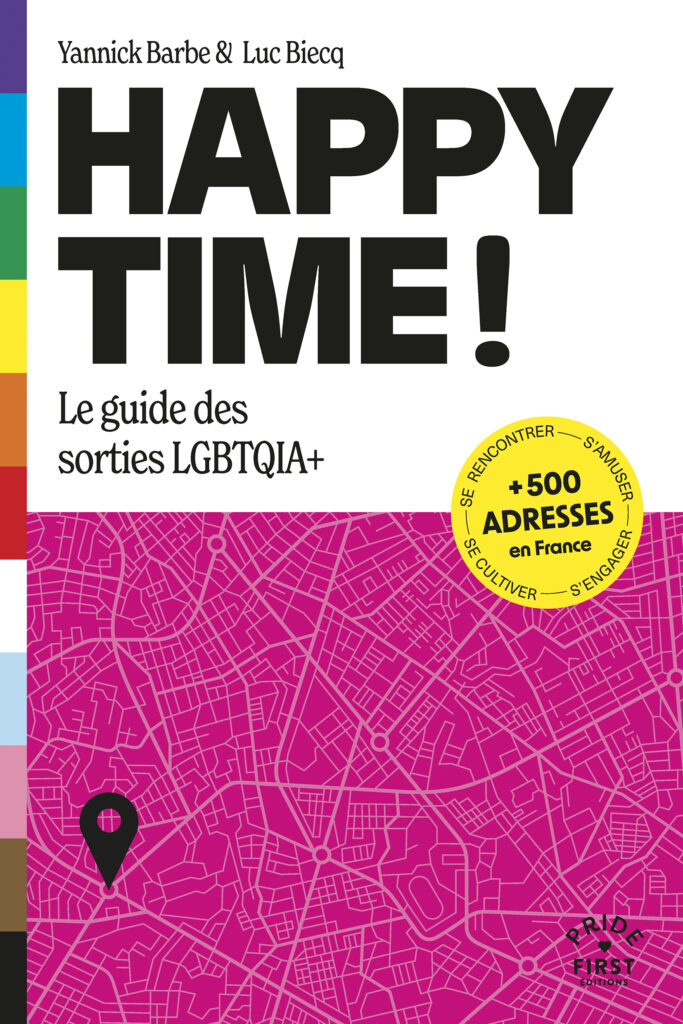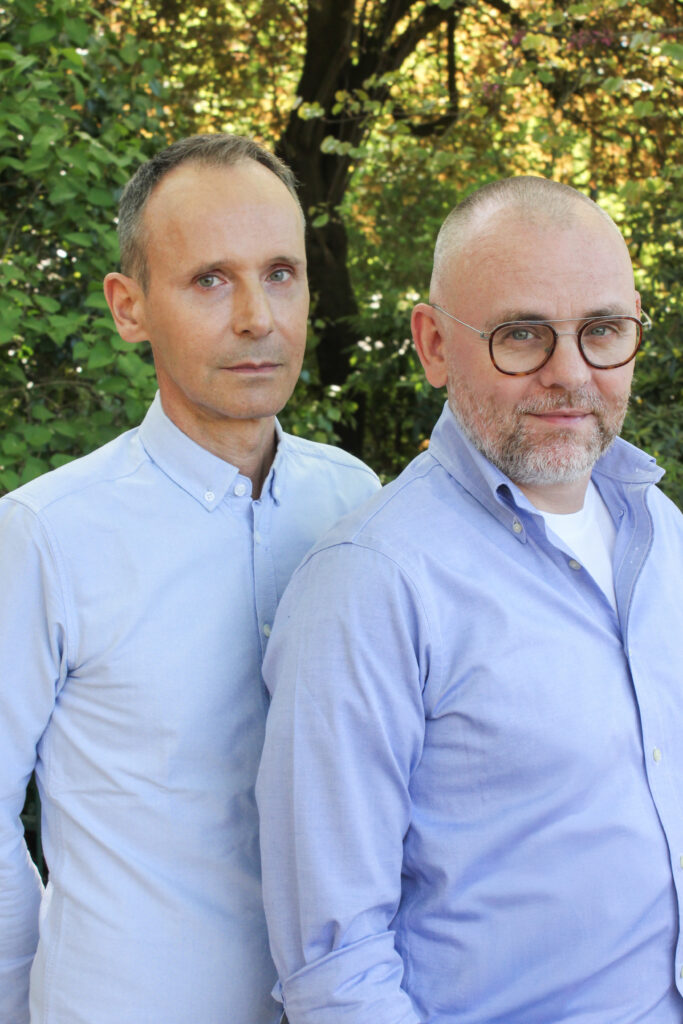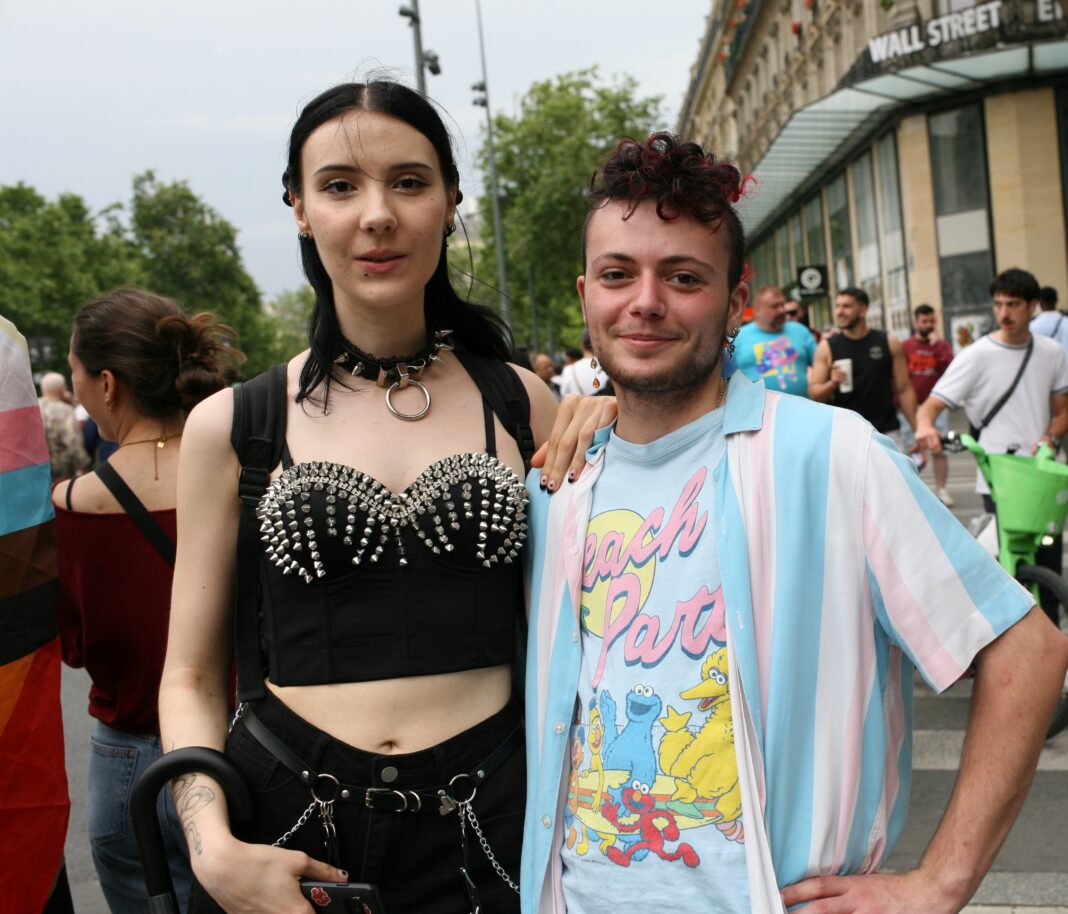Print guides and directories have been tottering on the verge of extinction since the invention of the internet. With access to all corners of the world wide web tucked into our overheated pockets, it hardly seems necessary to also carry around a block of bound paper.

Yet a book promises a certain level of authority and trustworthiness, especially for those who are in an unfamiliar place. Once a traveller has figured out how a book is organized—the limits of what it includes or doesn’t include, the mindset of the authors—the printed page can be easier to navigate than a suspicious-looking webpage flinging pop-ups at you. A listing on paper can make a venue seem more real and more permanent. We start to look for something on our phone and perhaps hours later, we’re down another digital rabbit hole. Look it up in a book, note the address and we can be on our way immediately.
And when a real book leads us to real people in real places—that’s a miracle in our screen-obsessed world. Happy Time!—Le guide des sorties LGBTQIA+, by Yannick Barbe and Luc Biecq, is a celebration of analogue queerness in France and beyond. A listing of more than 500 LGBTQIA+ venues and organizations across the country, the rainbow-spined book shows the breadth of passions shared by French queers. You want IRL experiences in France? Happy Time! is a cornucopia of IRL.

Pocket gay guides have been around since the 1960s, usually focused on drinking establishments and getting laid. But Happy Time! has a more modern, more inclusive outlook, reflecting a wide range of activities from places to talk about mental health to choirs to saunas. “Say yes to all your desires!” declares co-author Yannick Barbe, who is a journalist, DJ and event organizer.
Pink Ticket Travel caught up with the authors to find out what it’s all about.
Where did the idea come from for this book?
Luc Biecq: The idea was to show the pulse, the dynamism of the community, all the places where people can meet across a very broad spectrum: partying, engagement, leisure, support, everywhere we meet in real life, without going through an app.
Yannick Barbe: This isn’t a book against apps, but rather to prove that there is life beyond them. Often, because of their algorithms, apps lock us into specific interests and prevent curiosity and discovery.
How do you two know each other?
Biecq: We’ve known each other for over 20 years; we both worked at Têtu, the French LGBTQIA+ magazine, back when it was a monthly.
In writing the book, did each of you have different specialities? What are each of your strengths and weaknesses?
Biecq: We had more developed knowledge of certain places—Yannick knows the music scene, I know the LGBTQ+ organizations. But overall, we are interchangeable, and our networks allowed us to give voice to people involved in every corner of the community in this country. Also Belgium, since Brussels is very present in the guide.
The book contains more than 500 addresses of LGBTQ+ venues, whether they’re bars, community organizations or meet-up groups. That sounds like a big job finding all those places.
Biecq: Our job as editors was a very long and very precise task, carried out with a team of researchers. The book has 32 sections. We first selected places, associations and other addresses recommended by friends or friends of friends. For support groups for trans people, and for associations that work on queer history, we were surprised to discover that there was an enormous amount of choice of places to include across the country. We knew we were committed to months of research, and we also knew we weren’t going to be able to be exhaustive. We checked right up to the last second.
Barbe: This book is not intended to be an exhaustive directory. There are bound to be some omissions. We’ve prioritized places recommended by the people we interviewed, among others.
What kinds of places did you make an effort to include and what did you choose to exclude?
Biecq: Sex venues are present, of course, as well as parties, including for crossdressers, who rarely get attention these days. There are bookstores, fetish associations, theatre clubs and choirs. Avoiding talking about sex venues would have seemed ridiculous to us. We also discuss places where you can learn about consent and where you can get help when you feel like you can no longer manage your drug use.
Barbe: We didn’t mention outdoor cruising as it was a bit off topic—these places aren’t run by organizations or owned by anyone. But we have nothing against it, on the contrary!
What were some of the biggest surprises you found in your research?
Biecq: There are many saunas in France, and libertine venues throughout the country. This is a fact that’s well known and appreciated by tourists. What surprised me most was the number of associations working on archives set on preserving our history.
Barbe: This book counters the cliché that all venues are concentrated in Paris. There are plenty of wonderful initiatives like festivals, queer bars and cutting-edge support groups all over the country. The problem is that they were referenced almost nowhere. Our book redresses this injustice.
What is a favourite listing?
Biecq: For the book, we asked about 50 well-known French personalities for their favourites, and their recommendations are a gold mine. People tell us where they flirt, where they feel safe, where they go for a first date. It was generous of them, they all wanted to share something with the community. Some of these places are very simple, others more emblematic, and we of course know that there are more than 500 addresses. I was surprised by all that the LGBTQIA+ centres in Marseille and Rennes are doing. I want to go visit them. Their workshops seem so innovative, joyful and inclusive.
Barbe: We discovered amazing places like Rita-Plage (68 Cr Tolstoï, Villeurbanne, near Lyon), a queer cooperative that offers workshops, a bar, a canteen and more. Also self-defence classes and cheerleading classes. This book is a bit of a surprise on every page.
What was a trend you noticed about LGBTQIA+ France while doing the research?
Biecq: Issues around health are always changing, so it’s difficult to track. While some venues are closing, others are opening, albeit in different formats. Collectives are organizing parties in new venues across the country, and in Paris; new openings are constantly occurring, including gay sex venues.
Barbe: There’s a trend among the younger queer generation to invest in places. Social media is good; it’s necessary to exist. But meeting in person, exchanging ideas and debating in real life is even better. Since the book’s release, we feel like it’s doing good, like it’s offering a breath of fresh air that inspires hope and optimism.
What’s going to most surprise readers?
Biecq: The initial feedback we’ve received has been enthusiastic. What may be surprising, I think, is the establishment of multidisciplinary festivals in small villages, or the dynamism and creativity of the proposals. Who would have thought there was a queer ceramics workshop that works together on self-esteem?
Want some of Pink Ticket Travel’s French tips?
What you don’t know about LGBTQ+ Normandy and Brittany
Our insider’s guide to the best of LGBTQ+ Paris
Brittany as seen in the film ‘Portrait of a Lady on Fire’
A queer in Provence: France’s lavender paradise
Why Lou Queernaval in Nice is one of winter’s queerest parties
This interview has been edited for length and clarity.


